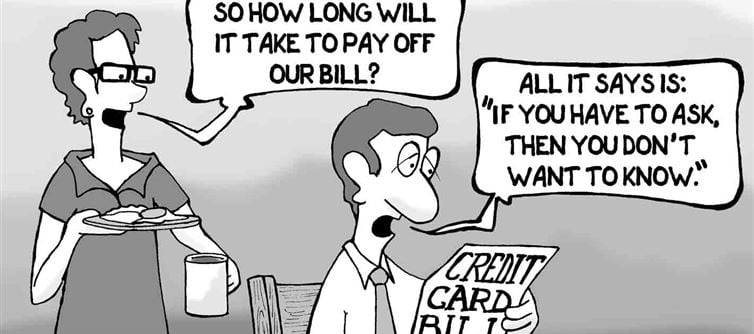
Credit cards can be a game-changer if used wisely—but they can also be a financial trap. Here’s why discipline makes all the difference:
1. The Double-Edged Sword of Credit Cards
Credit cards are like fire: when handled correctly, they empower you; when misused, they can destroy your financial stability. Discipline is the deciding factor between rewards and penalties.
2. Rewards for the Disciplined
Those who manage their spending, pay bills on time, and track their expenses can enjoy incredible benefits:
Cashback on purchases
Discounts at select retailers
Access to premium lounges
Travel rewards and free flights
These perks are essentially a “thank you” from banks to disciplined users.
3. Funding Someone Else’s Rewards
Indisciplined users often overspend, miss payments, or rack up high-interest debt. In effect, they fund the rewards enjoyed by disciplined people, paying interest and fees while others benefit.
4. Interest and Penalties: The Hidden Trap
Missing a payment or exceeding limits leads to:
Skyrocketing interest charges
Late fees and penalties
Credit score damage
Stress and financial instability
This is why misuse can quickly turn a helpful tool into a costly nightmare.
5. Discipline Equals Freedom
Credit cards, when used responsibly, offer financial flexibility, convenience, and lifestyle perks. Indiscipline, however, chains you to debt and reduces your freedom. Your financial health is directly proportional to your spending discipline.
6. The fire Analogy: Cook or Burn
Think of your credit card like fire:
Handle it carefully → you cook food (enjoy benefits and rewards)
Handle it recklessly → you burn your house (pay penalties and stress)
Your behavior, not the card itself, determines the outcome.
7. The Key Takeaway
Credit cards are neither inherently good nor bad. They reward careful, disciplined users and punish reckless, indisciplined ones. Mastering the art of discipline is the ultimate way to make your credit card your financial friend rather than your enemy.




 click and follow Indiaherald WhatsApp channel
click and follow Indiaherald WhatsApp channel